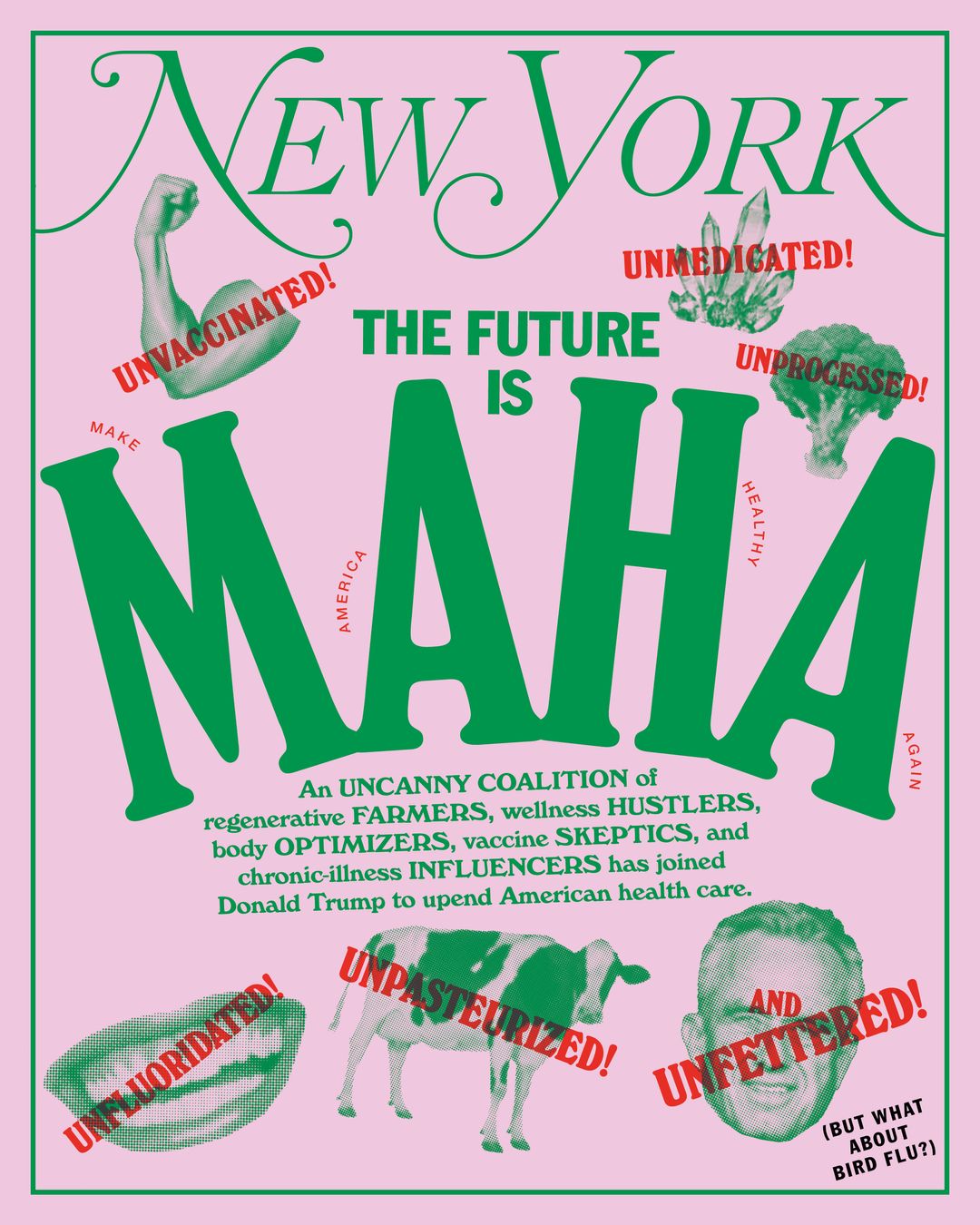New York Magazine
New York Magazine Rated Left in Jan. 2025 Independent Review
A Jan. 2025 Independent Review by an AllSides reviewer found strong left bias in New York Magazine. For example, the cover story, "The Cruel Kids' Table," which stated, "Among the young, confident, and casually cruel Trumpers who, after conquering Washington, have their sights set on America." By calling Trump supporters "cruel," New York displayed a subjective qualifying adjectives. New York Magazine showed a clear Left bias in story choice — one article called Trump's pardons "distracting;" another was titled, "Trump's Sneaky Opening Attack on Abortion Rights."
Cover stories in late 2024, around the time of Trump's election, typically had an anti-Trump bent and a bent against his adminstration. A piece about the Make America Healthy Again (MAHA) movement was seen as analytical and containing subjective descriptions, though not overly negative; however, it was slanted against claims that flouride in water and seed oils are harmful, though it took a more sympathetic approach to concerns about food dyes. It did contain numerous source omissions, such as (emphasis ours): "RFK Jr. has also suggested that microplastics might have contributed to “gender confusion” among kids via endocrine disruptors, which scientists say is completely unfounded," and stating, "Most research has shown the opposite: The unsaturated fat commonly found in seed oils has been linked to lower risk of cardiovascular disease and cancer. Beef tallow, on the other hand, is primarily made up of saturated fat, which studies have shown increases the risk of cardiovascular disease." New York Magazine did not link to the studies or "most research."



On a disgustingly hot Thursday in June, car after car pulled into the parking lot of A Preferred Women’s Health Center in Charlotte, North Carolina, and left their engines running to cool off the abortion seekers sitting inside. They could be waiting well over two hours before getting a notification on their phones that it’s their turn to enter the clinic. Two years after Dobbs, APWHC is one of vanishingly few places in the South where someone can get an abortion.
Thousands of patients now travel to North Carolina for care despite considerable barriers: After Republicans rammed through an abortion ban last summer, patients can only terminate their pregnancies until 12 weeks of gestation. They also are forced to make two in-person clinic visits with a 72-hour waiting period in between, the first to receive state-mandated counseling and the second to get their abortion. This means North Carolinians and abortion seekers from out of state compete for limited appointment slots while providers do their best to keep up with the demand and the extra paperwork.











